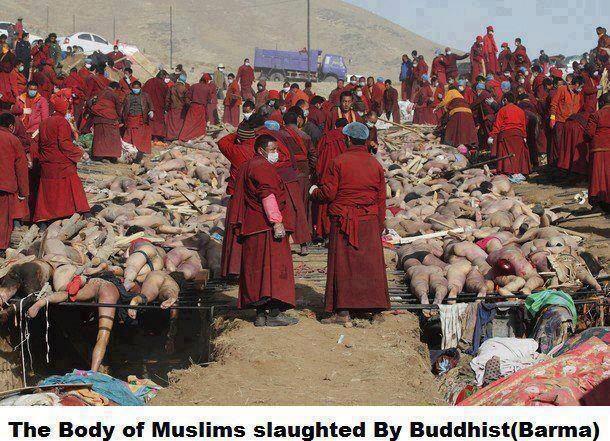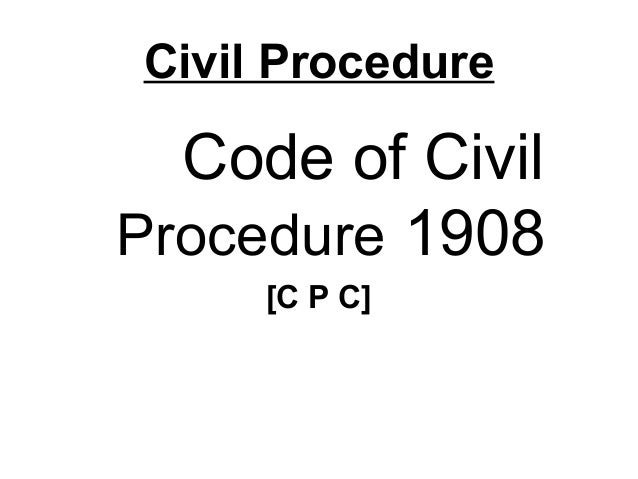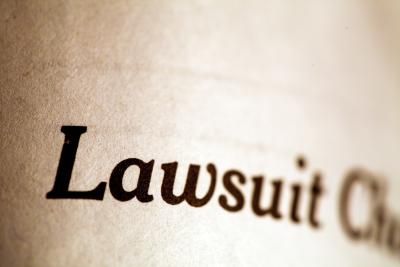Jurisdiction of the Civil Courts
Jurisdiction of the Civil Courts: There are various types of jurisdiction of the Civil Courts in Bangladesh, namely—
1) Pecuniary Jurisdiction
2) Jurisdiction of Subject-matter
3) Territorial Jurisdiction
4) Original Jurisdiction
5) Appellate Jurisdiction
6) Review Jurisdiction
7) Reference Jurisdiction
8) Revision Jurisdiction
9) Writ Jurisdiction
10) Inherent Jurisdiction
11) Supervisory Jurisdiction
12) Superintendence Jurisdiction
13) Jurisdiction to transfer or withdrawal of suits
1. Pecuniary Jurisdiction: (All suit are Civil Nature)
The Assistant Judge Court, the Senior Assistant Judge Court, and the Joint District Judge Court are barred by the pecuniary jurisdiction.
- The Assistant Judge Court may not take any suit of value (TK. One to Two Lac).
- The Senior Assistant Judge Court may not take any suit of value (TK. Two Lac one to Four Lac).
- The Joint District Judge Court may take any suit of value (TK. Above 4 Lac one to ———).
It is an established rule that every suit of every value firstly has to be instituted in the lower grade court of its jurisdiction.
2. Jurisdiction of subject-matter:
The Civil court may take every suit of Civil nature and the other cases which are not specifically declared as criminal nature.
3. Territorial Jurisdiction:
Where the subject matter of the Civil suit is an immovable property, then in which jurisdiction of district it as situated, the suit must be instituted in the district Courts at the district.
If the Immovable property is situated between the middle of two or more districts the suit may be institute at any of the district Courts of such districts.
If the Movable property is situated in such a manner it is impossible to identify where districts part it is in the suit may be instituted at any district court of any district nearest it.
If the subject matter of the suit is movable property the suit may be instituted in the following any district court of nay district—
- Where the cause of action arise
- The residence of the defendant
- The residence of the plaintiff
4. Original Jurisdiction
The Assistant Judge Court, The Senior Assistant Judge Court, The Joint District Judge Court and The High Court Division of Supreme Court has original jurisdiction because only they can take a fresh suit.
5. Appellate Jurisdiction:
The Additional District Judge Court, The District Judge Court, The High Court Division of Supreme Court and Appellate division of Supreme Court has appellate jurisdiction, because they can take appeal from their subordinate Courts.
6. Reference Jurisdiction:
Reference is excusive jurisdiction of the High Court Division. It normally means referring to a case to the High Court Division for its opinion and order.
Section 113 of the CPC provides that any court may state a case and refer the same for the opinion of the High Court Division, and the High Court Division may make such order there on as it my think fit.
Conditions of Civil revision are that-
I. Only a court can make reference to the High Court Division.
II. Reference is to be made only when an important issue of law has arisen.
III. The power of reference by the High Court Division is discretionary.
7. Revision Jurisdiction:
Revision is a purely discretionary remedy granted by a higher court with a view to correcting miscarriage of justice.
Under section 115 of the CPC (as amended in 2003) Civil Revisional power can be exercised by the High Court Division and The District Judge.
This power is also called supervisory power or power to do complete justice or power to call for records. Exercise of this power can be only at the instance of a party. Previously this power could have been exercised sue notice by the High Court Division.
Normally questions of facts are not considered by a court under its revision jurisdiction. [15 BLD 196]
A revision is not a continuation of the original preceding like an appeal. [22 DLR 192]
Circumstances Review is possible almost in every judicial organ. It is done by the same court which gave the order or judgment against which review is sought for. Section 114 of the CPC provides that it a person is aggrieved—
- By a decree or order from which an appeal is allowed but no appeal has been preferred.
- By a decree or order from which no appeal is allowed
- By a decision or a reference from a court of small causes
May apply for a review of judgment to the court which passed by the decree or made the order and the court may make such order thereon as it thinks fit.
8. Review Jurisdiction:
Review means a judicial re-examination of a case in certain specified and prescribed.
9. Writ Jurisdiction:
Writ Jurisdiction means the power and Jurisdiction of The High Court Division (HCD) under the provision of the Constitution whereby it can enforce fundamental rights as guaranteed in the Constitution. The basis of writ Jurisdiction is Article 102 of The Constitution.
10. Inherent Jurisdiction (Discretionary Power ):
Inherent Jurisdiction is one of the vital and extraordinary powers of the Civil court. All Civil court from Appellate division to Assistant Judge may exercise this power at any time of a suit.
Basically it is the discretionary power of the judges which depends on the satisfaction of the judges and regulated by under section 151 of the Code of Civil Procedure 1908.
11. Supervisory Jurisdiction
Supervisory power of the High Court Division (HCD) includes the control exercised by this Courts as to prohibit the subordinate Courts from acting extra jurisdictionally and reverse its acting extra jurisdictionally acts Article 109 of our Constitution recognizes such power of the High Court Division (HCD).
12. Superintendence Jurisdiction
According to section 9 of the Civil Courts Act 1887, The District Judge shall have administrative control over all the Civil Courts under this Act within the local limits of his Jurisdiction subject to the Superintendence of theHigh Court Division (HCD).
13. Jurisdiction to transfer or withdrawal of suits
According to section 24 of the CPC the District Judge may, on the application of any part of suo motu, at any stage-
- Transfer any suit, appeal or other proceeding pending before if for trial or disposal to any Court Subordinate to it
- Withdraw any suit of appeal of other proceeding pending in any subordinate court and transfer the same for trial or disposal to any court subordinate to it
- Retransfer the same for trial or disposal to the court from which it was withdrawn.







